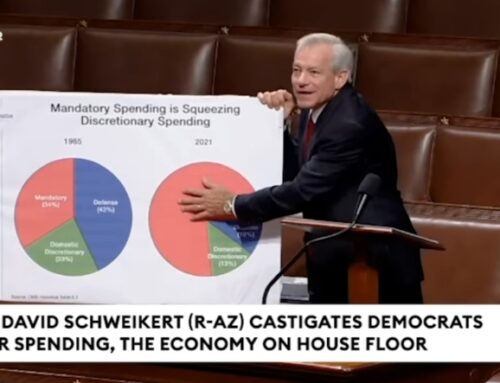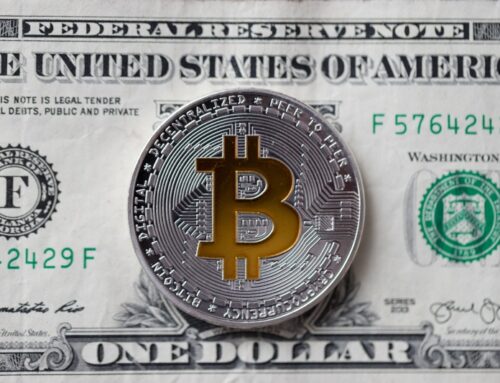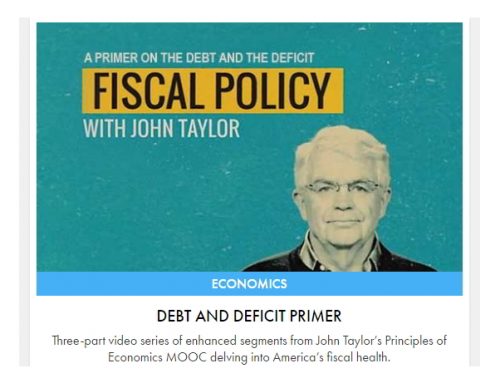One of the enduring legacies (hangovers, really) from the Great Depression is the notion that the government can and should actively manage the economy. Schoolchildren still are taught, and most of us still believe, that Comrade Roosevelt’s massive government programs were instrumental in ending the Great Depression. The fact is that nothing could be further from the truth. The notion itself was cemented into place in 1936 by one of the most destructive academics ever to grace planet Earth: John Maynard Keynes. Keynes’ economic theories were accepted, not so much because they are correct, but rather because they told Progressives in government what they wanted to hear: a few men in government should take control of and manage the economy, forcing their decisions on hundreds of millions of individuals.
Few are even aware that numerous studies have been performed which conclusively demonstrate that government management and interventions actually make things much much worse. Why are you most likely not aware of those studies? For one reason, and one reason alone: the entire edifice of modern Leviathan government rests squarely on the lie that a small group of men and women are wise enough to “manage” and “guide” the economy. This “management” of the economy takes money from you because you are thought too stupid to know how to spend it. It provides guaranteed profits for insiders who know in advance what measures the government and central bank are going to enact, with full knowledge that they will not be investigated by captured “regulators.”
If people in large numbers were to reject the idea of government management of the economy, the opportunity to plunder the little guy would evaporate. What are your chances of learning that central banking is a scam, and that policy boards of wise men are really just a bunch of sheisters running a con, especially when you went to government schools and get your news from a complicit media?
Keynesian stimulus programs make things worse, not better. People want to believe, in many cases desperately, that there is a powerful government that can fix the economy. That is impossible, especially when the government and its bubble-blowing central bank are how the economy got broken in the first place.
The non-mainstream financial press is warming up to the facts. In fact, most of the actual free marketers on Wall Street are quite upset by the incessant government meddling in the markets and the economy. They know that free markets work when they are actually free. They know that genuinely free markets mean, while some will win more than others, there will be more winners than losers because a productive economy is not a zero-sum game.
On Zerohedge, a guest piece by Eric Sprott, delightfully named “We Are Now Paying For The Funeral Of Keynesian Theory”:
- There are a number of studies we have come across that suggest stimulus is the wrong approach. The first is a 2005 Harvard study by Andrew Mountford and Harald Uhlig that discusses the effects of fiscal policy shocks on the underlying economy. Mountford and Uhlig explain that from the mid-1950’s to year 2000, the maximum economic impact of a two percent increase in government spending was an ensuing GDP growth of approximately three percent. A two percent spending increase inevitably requires an increase in taxes. Due to the nature of interest costs, however, the government would have to raise taxes by MORE than two percent in order to pay back the initial borrowing. According to their data, this increase in taxes would generally lead to a seven percent drop in GDP. As they state in their study: “This shows that when government spending is financed contemporaneously that the contractionary effects of the tax increases outweigh the expansionary effects of the increased expenditure after a very short time.” Stated simply, ‘borrowing to stimulate’ has never worked as planned because the cost of paying back the borrowed funds surpassed the immediate benefits of the stimulus.
- In a follow-on study, Harald Uhlig estimated that an approximate $3.40 of output is lost for every dollar spent on stimulus. Another study on the same subject by C’ordoba and Kehoe (2009) went so far as to say that, “massive public interventions in the economy to maintain employment and investment during a financial crisis can, if they distort incentives enough, lead to a great depression.”
Meanwhile,the TBTF banks continue making record profits.





